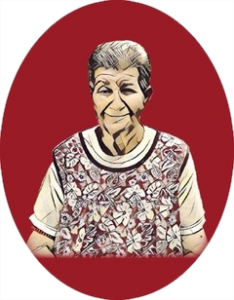We know there is a national shortage of professional caregivers. We also know that there are concerns about adequate pay when it comes to providing caregiver services.
The need for caregiving and caregivers will continue to rise in the future. If you are an independent caregiver looking for a position in the eldercare industry, this article on best practices is for you.
Best Practices are guidelines that represent an efficient and effective approach to solving a problem or achieving a goal. Think of them not as “requirements or have-tos,” but rather “food for thought” for you – the independent caregiver – to reflect upon as you navigate your experiences as a caregiver for the elderly.
Below is a list of 5 things to consider as an independent caregiver looking for a position:
- When responding to ads, be prepared to provide your contact information, experience and availability immediately. Families who are looking for caregivers are often stressed and overwhelmed. They will respond faster when the information is right in front of them. A response that says “I’m interested” will not be as successful as a response that says “I am interested and available Monday through Friday from 8-5. Here is my cell phone number.”
- Caregiving is a job with specific duties and functions. It is NOT the same as babysitting or childcare. Be prepared to build confidence with the family of an elderly loved one by indicating not only that you know this, but with specific ways that what you provide the elderly is different from what would be done with childcare.
- Many careers offer professional development opportunities. Independent caregiving should be the same. Make sure you are taking time to learn more about the latest in technology for caregiving, strategies for interacting with individuals with dementia, and ways to engage the elderly. There are many podcasts, websites, and books that can help you build your knowledge base as well as keep you up-to-date on important related topics.
- Always have contact information for references that are easily accessible. Families who are looking for a caregiver want to find a caregiver quickly. If you do not have contact information for references available, someone else who is applying for the job will.
- Clarify job requirements and responsibilities in writing before beginning work with the client. Although there are no guarantees for a match working out, it is best for both parties to be clear on the basics such as hours, pay, tasks, etc. It is a no-win situation where the caregiver’s job doesn’t work out after less than a week because of lack of clarity of duties.
**This article is for guidelines only and should not be considered legal advice.**

